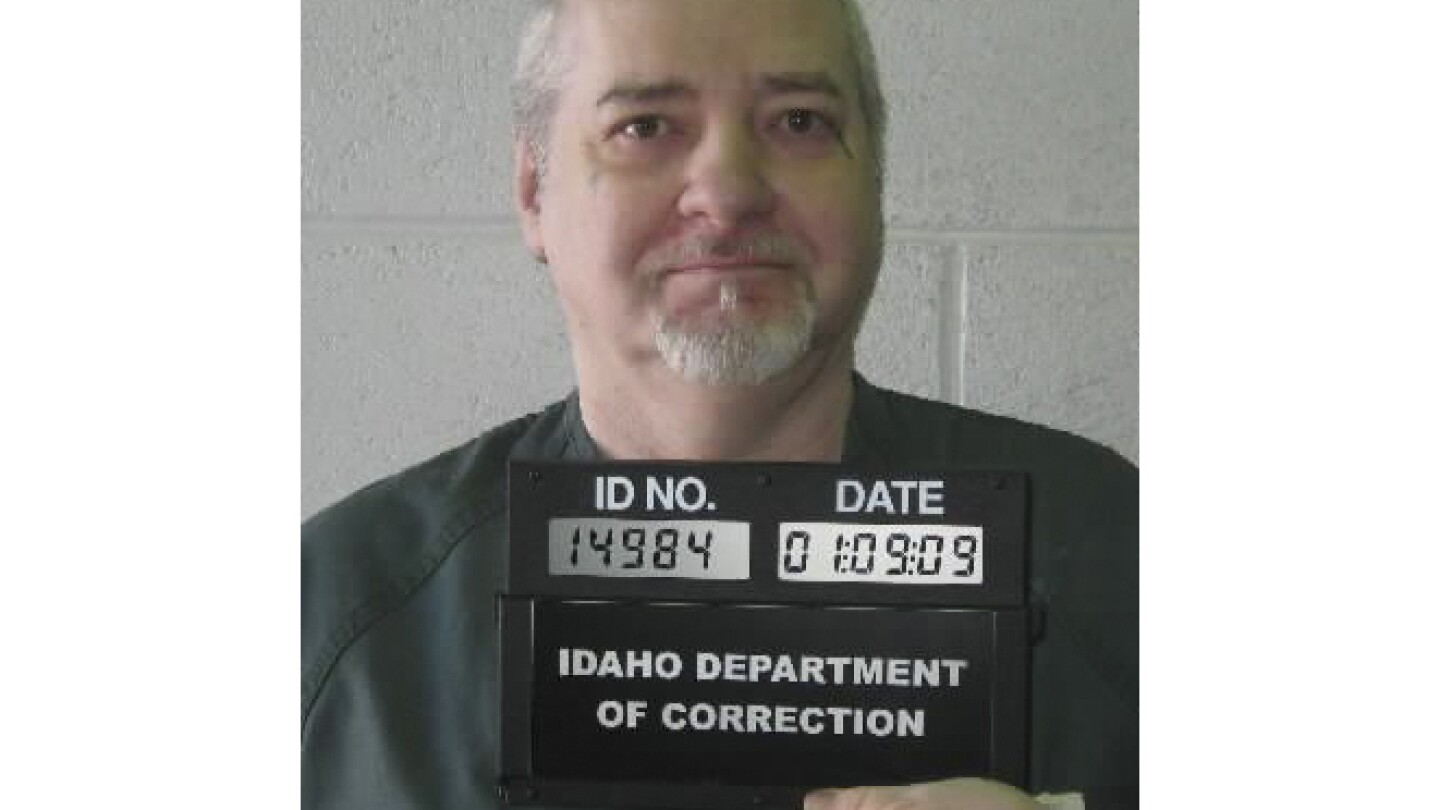- cross-posted to:
- [email protected]
- cross-posted to:
- [email protected]
The hour of Thomas Eugene Creech’s death has been set, and it is rapidly approaching.
On Wednesday morning Idaho prison officials will ask the 73-year-old if he would like a mild sedative to help calm him before his execution at the Idaho Maximum Security Institution south of Boise. Then, at 10 a.m. local time, they will bring him into the execution chamber and strap him to a padded medical table.
Defense attorneys and the warden will check for any last-minute court orders that would halt the execution of Creech, who is one of the longest-serving death row inmates in the U.S.
Barring any legal stay, volunteers with medical training will insert a catheter into one of Creech’s veins. He’ll be given a chance to say his last words, and a spiritual advisor may pray with him. Then the state will inject a drug intended to kill the man who has been convicted of five murders in three states and is suspected in several more.



How can you not be able to find a vein on a man who’s strapped to a chair and immobile, for several hours?
Iv cannulation can be tricky at times even for those who do it often.
I’m curious what kind of training the “volunteers with medical training” have as well… If they were trained for this specific purpose then its unlikely they’ve been able to practice on real humans, and practicing on a mannequin or IV trainer arm is very different from sticking a real human. Usually where I am, people who need iv training practice starting them in day surgery units. I can’t see a medical clinic agreeing to let someone from a prison come in and try to practice for the purpose of getting proficient at lethal injections.
Most health care practitioners have either oaths or a code of ethics that prohibits causing harm, hence why lethal injections are so often a mess.
Perhaps it’s a sneaky protest